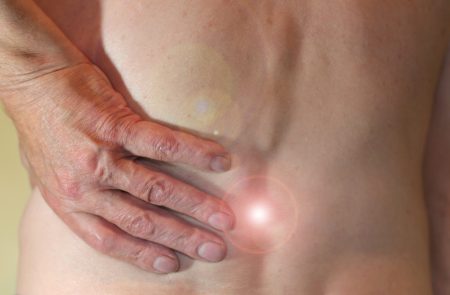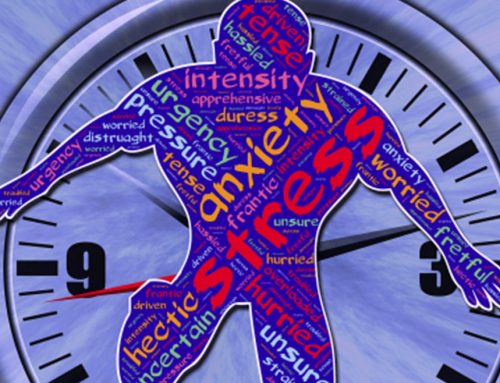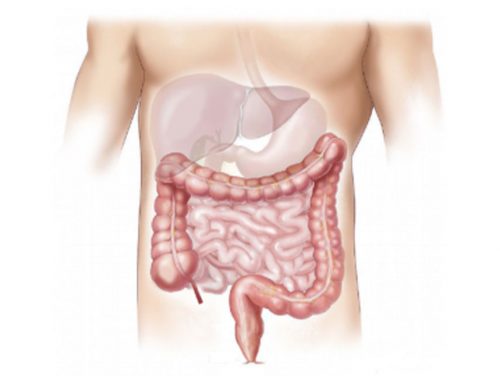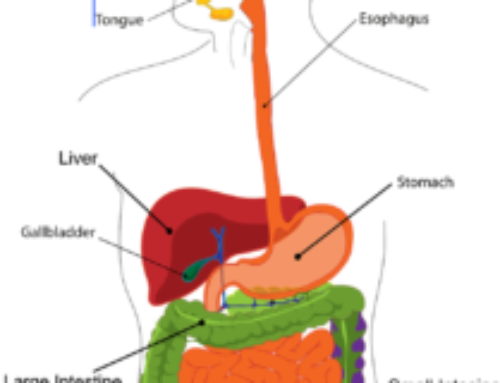Please note that I am no longer using Facebook to communicate and share information with you.
I am currently using mewe.com and my page can be found at http://mewe.com/p/trufoodsnutritionservices
Inflammation
Is It a Main Cause of Chronic Diet and Lifestyle Health Issues?
Inflammation, we often think as bad and it can be when it gets out of control, but inflammation also serves a purpose. It is your body’s way to fight against an infection or when you get injured. The response is to help you heal and recover such as when you sprain your ankle and as a result have swelling. This is not a bad thing. Or even when you get a splinter and how the inflammation can help to push the foreign body out of your skin.
Both situations mentioned above or when you get sick short term with a virus, would be considered acute inflammation and the body is doing exactly what it is supposed to do.
What is Chronic Inflammation?
The issue arises when you have chronic inflammation. You may not even know you have chronic inflammation until your doctor runs some inflammatory markers such as C-reactive protein on lab work.
It is believed that systemic/chronic inflammation is at the root of all disease such as arthritis, asthma, allergies, CVD, diabetes, and obesity but also health issues you may not think associated with inflammation such as depression, diabetes and autoimmune conditions.
According to the National Cancer Institute, cancer is also a disease associated with chronic inflammation. For instance, those with IBD (who have inflammation of the colon) are at greater risk of colon cancer. Chronic inflammation can lead to changes in the DNA structure which can cause some types of cancer.
How Did We Get So Inflamed?
Inflammation and the problems that are associated with it are more common now than ever before. We can thank our fast food diet, the toxins on our food, in our water, air and soil, the chronic stress that we are under, lack of exercise, and the lack of sleep, to name a few.
Triggers for Inflammation
- Diet (rancid oils, fast food, food covered in pesticides, herbicides, sugar, refined carbs, low in nutrients, eating foods you are sensitive to, artificial sweeteners)
- Blood sugar highs and lows (caused by this refined, processed nutrient deficient diet)
- Leaky gut (aka intestinal permeability) see this post to know more
- Chronic stress that is not addressed or managed
- Poor sleep
- Toxins (in soil, air, water, food, our cleaning products)
- Chronic infections (having a weak immune system)
Foods to Avoid to Reduce Systemic Inflammation
- Processed meats (CAFO confined animal factory meats-never see light of day, eat GMO inflammatory corn, injected with hormones and antibiotics)
- Refined grains such as breads, pasta, pizza, bagels, donuts, muffins etc.
- Deep fried foods, foods cooked in and with rancid oils such as vegetable, corn, canola
- food like products such as most premade salad dressings, margarine, food products that contain additives, trans fats, a long list of ingredients that are not even foods!
Add These foods into the Diet to Reduce Systemic Inflammation
- grass fed/grass finished meats, organic poultry, wild caught fish (salmon should be wild caught Alaskan salmon as a USA source)
- lemons, limes, berries
- avocado and its oil (read this
- olives and its oil (read this
- green tea
- leafy greens, a wide variety of vegetables
- turmeric, basil, oregano, ginger, rosemary, thyme, sage,
- broths: organic bone and vegetable
- raw unfiltered apple cider vinegar (add to dressing, drink glass of water with 1 T. added)
- fermented vegetables and drinks such as kimchee, low sugar kombucha
- coconut and its products such as oil, butter, unsweetened flakes
- starchy whole food carbs such as beans, legumes, squash, beets
Pain and NSAIDS
Safe? That depends
Whether it is from PMS, headaches, joint and arthritic pain, I find my new clients come to me using NSAIDS on a regular basis and do not think too much about it or its consequences.
While I understand using it when in pain- I can get some terrible headaches and the only thing that will resolve it is ibuprofen but the problem is when you use it on a regular basis. This was me. I used it daily and typically more than once per day for chronic headaches. Now I use it only when I absolutely must which is maybe 1 to 3 times per year on average.
What is so bad about using NSAIDs for pain relief if it works and is sold OTC?
NSAIDs are non-steroidal anti-inflammatory drugs such as ibuprofen and naproxen. NSAIDs block CIC activity, which is the circulating immune complex activity, a protein chain that is activated by your immune system causing pain, swelling and redness to promote recovery. An NSAID would block this from happening, resulting in you feeling less pain.
This can be helpful in the short term and on occasion not much of an issue, but if you are one of the people that use NSAIDs on a regular basis what can happen is that it can effect the CIC’s in other areas of your body such as the ones that you need to maintain the lining of your stomach, intestine, liver and kidneys. This is what can result in ulcers, liver and kidney toxicity and leaky gut.
Herbs to Reduce Inflammation and to Help with Pain
I have quite a few “go-to” herbs and herbal products that I recommend to my clients who have pain, and systemic inflammation. I determine this based on a very detailed initial assessment and reviewing lab results.
I will not go into detail on these herbs today as each one can be its own blog post.
My “Go To” Herbs
- Curcumin (compound from turmeric): studies suggest that this compound found in turmeric is effective to reduce inflammation, for IBD, for cancer prevention, for dementia, to use in conjunction with cancer treatment, and for pain. If you are using turmeric in your meals, blend the turmeric first with some oil or butter first as this will improve the absorption. For systemic inflammation, IBD, or pain I would suggest it in supplement form and can be taken safely several times per day.
- Boswellia: When I think of Boswellia, I think of lung inflammation such as the lung issues with COVID or from asthma, allergies, respiratory infections, and COPD. Boswellia can also, like curcumin, be beneficial for IBD which may be useful due to the inflammation in the colon. It can also be helpful for inflammation associated with memory and cognitive issues, CVD and arthritis. Boswellia is the resin from the bark of the Boswellia tree. It is best taken in supplement form.
Others that can be useful to add in include (but not limited to)
- Rosemary: Rosemary can help with brain inflammation health issues such as memory and cognitive issues and is also useful for pain and for headaches. Rosemary can be taken in supplement form or as a tea and you can add it to your recipes.
- Ginger: Ginger contains gingerol, a substance with anti-inflammatory and antioxidant properties. It reduces exercise induced muscle soreness. Also Reduces the symptoms of osteoarthritis, lowers blood sugar levels in those with type 2 diabetes, Eases indigestion and stomach discomfort, reduces menstrual pain, Reduces cholesterol and triglyceride levels. There is some evidence that it can enhance brain function directly and has been shown to improve reaction time and working memory. Ginger can be added to foods, in tea form or supplement form.
Bottom Line
If you have a chronic health condition, and/or your CRP levels on blood work are elevated, you may want to consider an anti-inflammatory diet and incorporate herbs and spices into your meals. If systemic inflammation has been on-going, talk to your health professional about adding one or two of the herbs mentioned in a high-quality supplement form.
Chronic inflammation is not just going to go away with popping a pill. Diet and lifestyle modifications are a must when reducing systemic inflammation.
As always, work with your health professional when adding in herbs. For instance, ginger should not be used if on blood thinners and it can lower blood sugar and blood pressure.
Sources
http://drjockers.com/herbs-reduce-inflammation/
https://www.terrytalksnutrition.com/health-articles/curcumin-the-all-in-one-solution/?
https://www.terrytalksnutrition.com/health-articles/natural-relief-for-asthma-copd-and-allergies/?
https://www.livescience.com/52344-inflammation.html
https://www.ncbi.nlm.nih.gov/pmc/articles/PMC3492709/
Mars, B. (2007) The Desktop Guide to Herbal Medicine. CA: Basic Health Publications.











Leave A Comment
You must be logged in to post a comment.